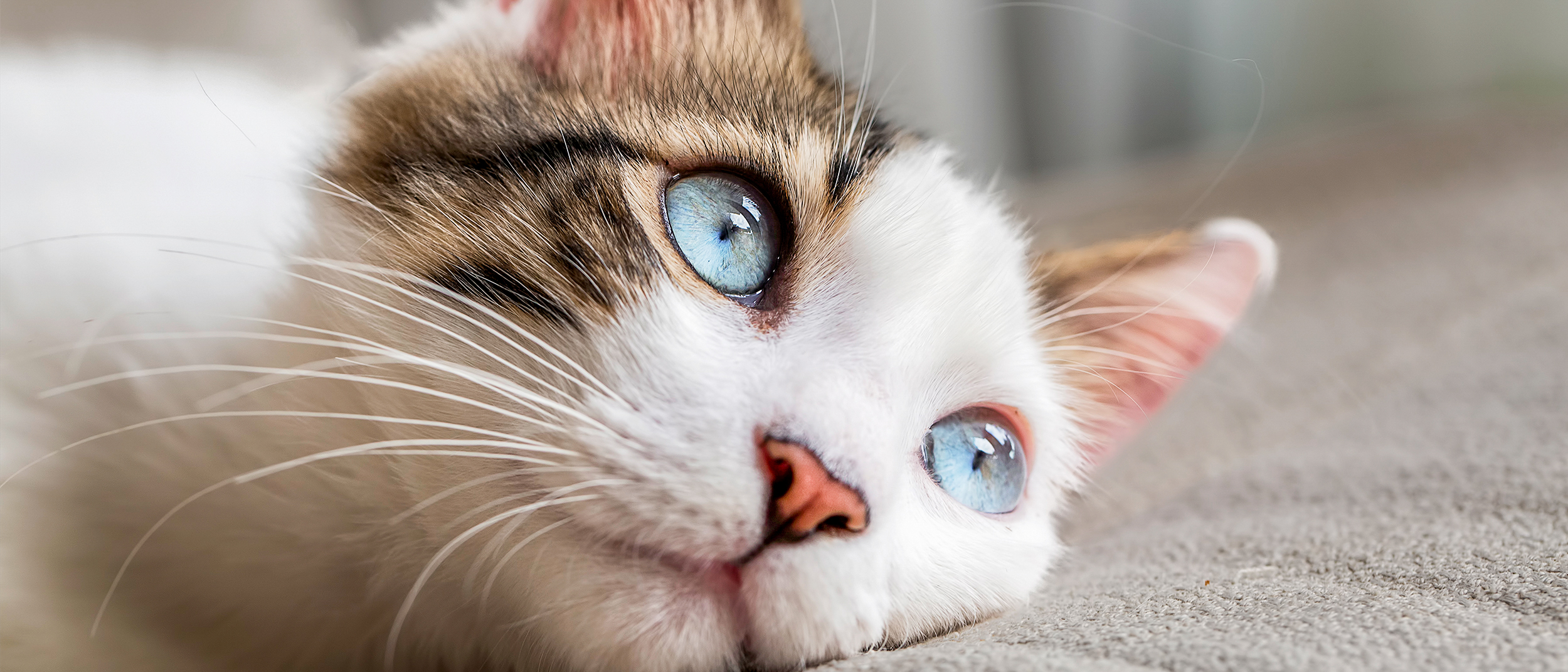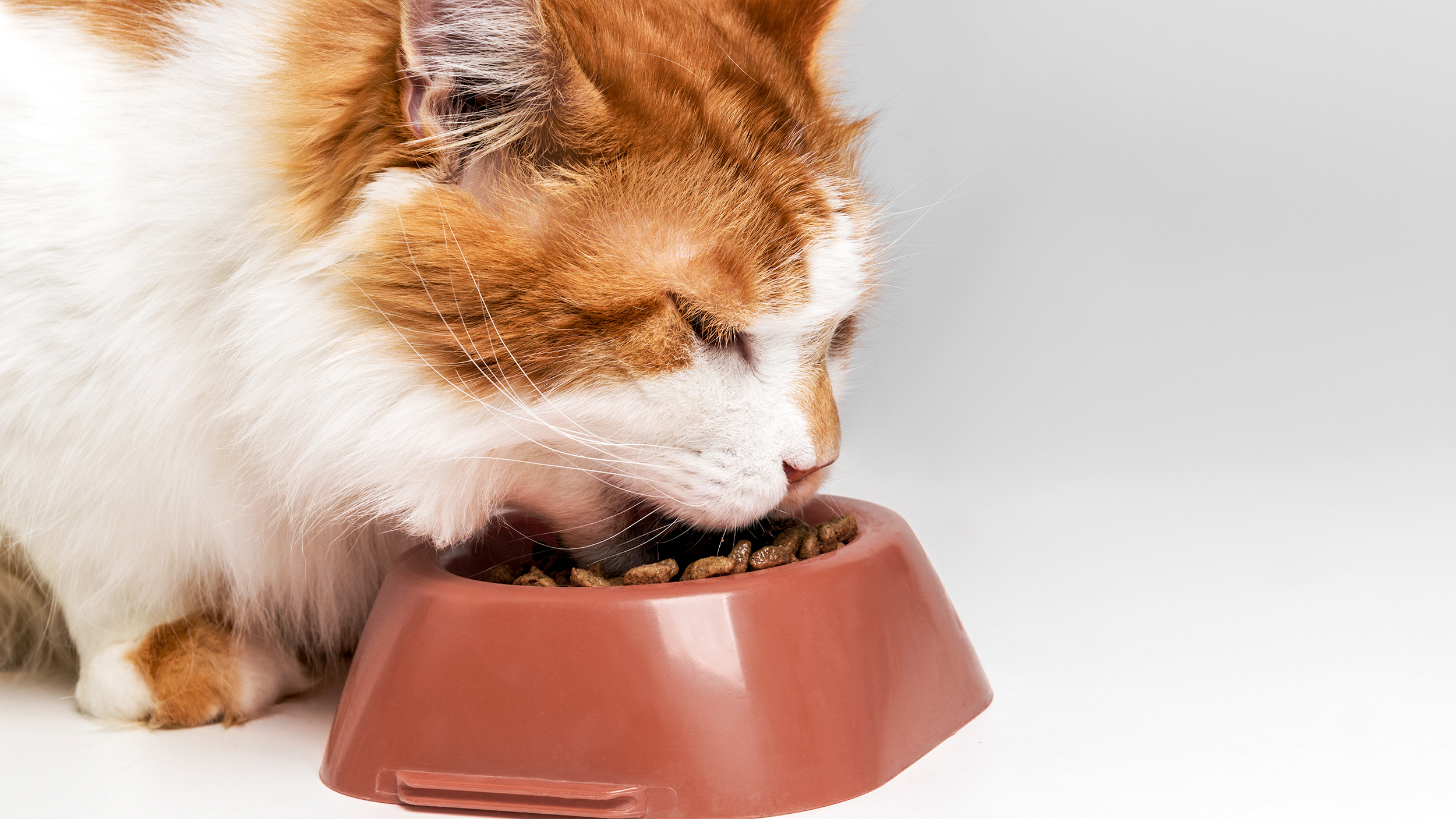Why does my cat keep being sick?

While it’s normal for your cat to occasionally experience digestive discomfort, it shouldn’t be a regular occurrence. Through a combination of the right diet, hygiene and feeding behaviours, you can make sure you protect your cat from suffering with an upset stomach.
The symptoms of a digestive issues in cats
If your cat has an upset stomach or another digestive issue, some of the most common symptoms are vomiting and diarrhoea. You may also notice your cat eats less or struggles with eating.
Stomach upsets can have a variety of underlying causes, including:
- Parasites which infest your cat’s gastrointestinal tract
- Hairballs, which can cause blockages and vomiting
- Systemic conditions like diabetes or kidney disease
- Ingesting toxic food or material
Your cat’s diet can also give them an upset stomach if it doesn’t contain the right mix of nutrients, or contains specific foods or elements known to aggravate their digestion.

Preventing an upset stomach in your cat through their diet
One of the simplest ways to protect your cat against digestive issues and avoid an upset stomach is to make sure you are giving them a complete, nutritionally balanced food. If your cat has particularly digestive sensitivities, a food designed to support their gastrointestinal health can be an excellent way to keep up their wellbeing. Your vet may also recommend this diet as a "recovery" food to rebalance their system.
These foods contain highly digestible protein sources that are easy for your cat’s body to absorb, meaning their digestive system has to work less to access nutrients. They may also contain single sources of protein or carbohydrate, or those that are less common in manufactured food, to avoid any allergens which your cat may react to. The food is likely to be energy-dense, which means your cat can eat smaller portions and still get everything they need from their food – particularly important if they are recovering or find eating difficult.
A food designed to improve the gastrointestinal health of your cat may also include prebiotics like fructo-oligo-saccharides and mannan-oligo-saccharides (FOS and MOS). These encourage the growth of "beneficial" bacteria in your cat’s digestive tract and contribute to the strength of their natural defences.
Feeding your cat to prevent an upset stomach
As well as selecting a diet that will support their digestive health, following some simple guidelines on how to feed your cat can also help.
Avoid any sudden changes in their diet, as this can cause stomach problems; transition your cat to a new food over a week, mixing their old and new food together and gradually increasing the percentage of new food.
You can also divide their daily ration of food into several small meals that you place out at different times. This helps prevent an upset stomach by alleviating the workload a large meal causes on their digestive system. Leave your cat in peace when they are eating; if they’re disturbed, they might become stressed and this can generate an upset stomach.
It’s very important, too, to not give your cat leftovers or scraps. These can be very fatty, which can encourage an upset stomach, or may even harm them – chocolate, raw eggs and liver can all have damaging effects on your cat’s body.
If you’re concerned about your cat’s digestive health and want to know more about the best ways you can support them, talk to your vet and they’ll be happy to advise.
Find a vet
Like & share this page